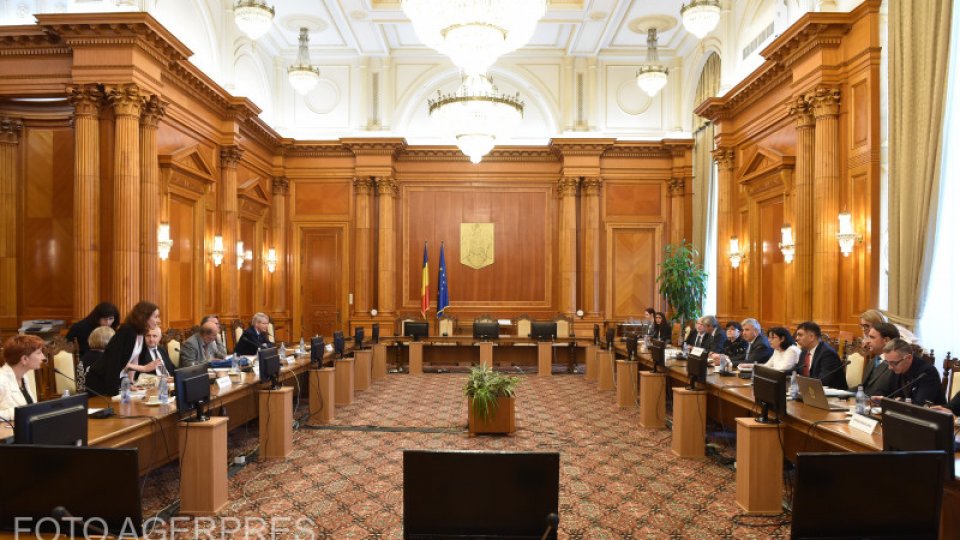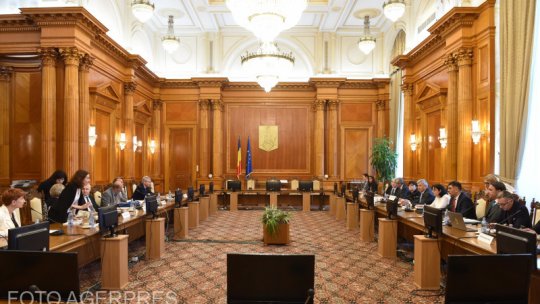Venice Commission criticizes changes in Romanian justice laws
President Iohannis believes that findings of Venice Commission reinforce conclusion that emergency ordinances have been abusively used by Romanian government.

Articol de Arina Petrovici, 25 Iunie 2019, 17:03
Venice Commission brings new criticism to 2018 amendments to Romanian justice legislation and calls on Romanian authorities to drastically limit issuance of emergency ordinances in this area.
In a document adopted on Monday, June 24, Venice Commission signals that the reasons for the creation of the Special Section for the Investigation of Criminal Offenses in the judiciary remain unclear.
Venice Commission notes with regret that the most problematic elements of the 2018 justice reform in Romania, included in the Opinion issued last October, either remained unchanged or were aggravated in 2019.
The practice of making changes to the laws of justice through emergency ordinances weakens external checks on the government, is contrary to the principle of separation of powers and disturbs legal certainty – show conclusions published on Monday by Venice Commission.
As for the Magistrates' Investigation Section, Venice Commission notes that it risks being an obstacle to the fight against corruption and organized crime. European experts also point out that the Minister of Justice continues to play a decisive role in the procedure of appointing and revoking the chief prosecutors, without counterbalancing powers of the Romanian President or the Superior Council of Magistracy (SCM).
Venice Commission states it remains at the disposal of the Romanian authorities and the Monitoring Committee of the Parliamentary Assembly, for further assistance.
President Klaus Iohannis believes that findings of Venice Commission reinforce conclusion that the instrument of emergency ordinances has been abusively used by the government, by circumventing both a genuine parliamentary debate on the measures pursued and an effective consultation with representatives of the judiciary.
Sudden unexpected changes in such a sensitive area and lack of an effective constitutionality control upon emergency ordinances not only shatters the whole system but affects the essence of the rule of law: security of legal relations and predictability of the law, as well as the principle of separation of powers, emphasizes the Head of State.
Romanian liberals have already required abolition of Special Section for the Investigation of Magistrates and introduction of an Opinion of the Constitutional Court prior to issuance of emergency ordinances – said the leader of Romanian Liberal MPs, Raluca Turcan, in reaction to the latest Opinion of the Venice Commission.
Venice Commission is Council of Europe's advisory body on constitutional matters.
Source:RRA.Translated by Miruna Matei














